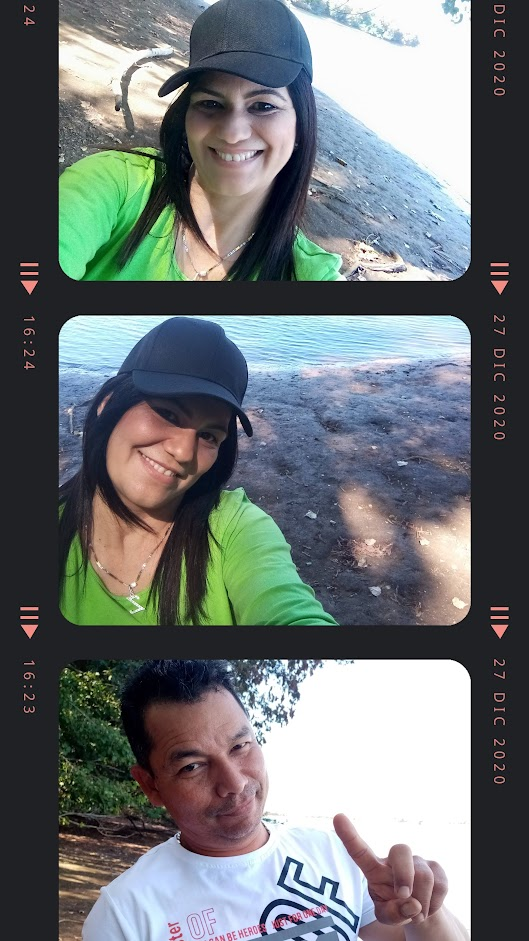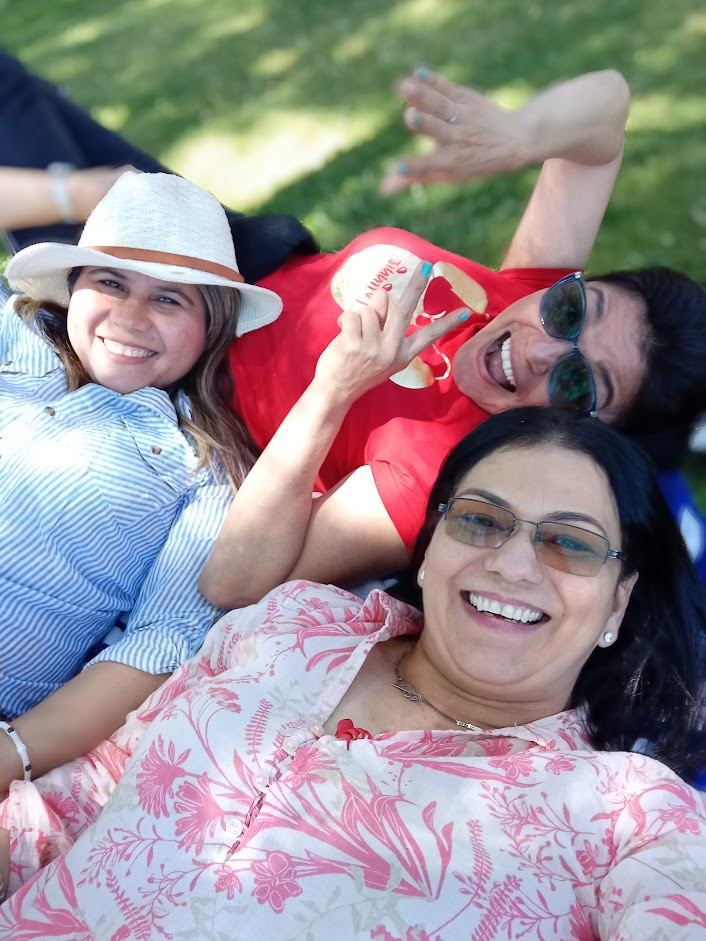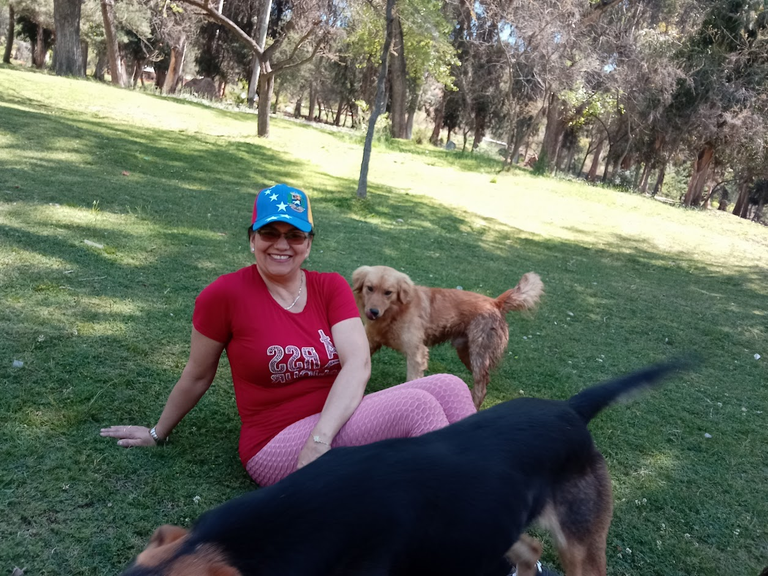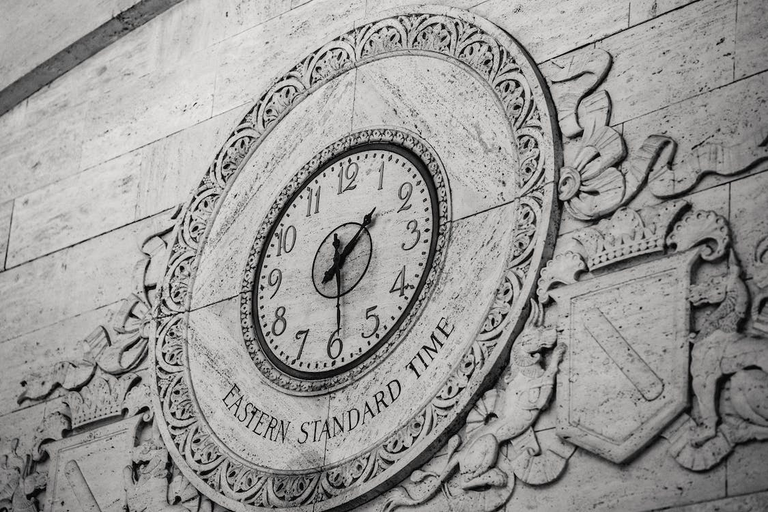En muchas ocasiones me he sentido un poco abrumada a causa de un futuro incierto y un pasado que no podre cambiar jamás. Pero... ¿Por qué nos afecta tanto?
Posiblemente, nos afecta porque somos seres emocionales y cognitivos que aprenden y se desarrollan a través de experiencias pasadas. Nuestra historia personal y colectiva moldea nuestra identidad, nuestras perspectivas y nuestras respuestas emocionales ante diversas situaciones. Las experiencias negativas o traumáticas, por ejemplo, pueden dejar una huella profunda en nosotros, generando emociones como tristeza, ira o miedo. Estas emociones pueden surgir nuevamente en el presente cuando enfrentamos situaciones similares, incluso si el evento original ocurrió hace mucho tiempo.
Además, mis queridos lectores, nuestras experiencias pasadas, influyen en la forma en que percibimos el mundo y a nosotros mismos. A través de nuestras vivencias, desarrollamos creencias, valores y expectativas que nos guían en nuestras decisiones y acciones en el presente. Estas creencias y perspectivas pueden limitar nuestras opciones o generar patrones de comportamiento que no nos benefician. En este sentido, los patrones de relación aprendidos en el pasado pueden repetirse y afectar nuestras interacciones actuales, y seguramente, las futuras si no hacemos algo al respecto.
On many occasions, I have felt a bit overwhelmed by an uncertain future and a past that I will never be able to change. But... Why does it affect us so much?
Possibly, it affects us because we are emotional and cognitive beings who learn and develop through experiences. Our personal and collective history shapes our identity, our perspectives, and our emotional responses to various situations. Negative or traumatic experiences, for example, can leave a deep mark on us, developing emotions such as sadness, anger, or fear. These emotions can surface again in the present when we are faced with similar situations, even if the original event occurred a long time ago.
Also, my dear readers, our experiences influence the way we perceive the world and ourselves. Through our experiences, we develop beliefs, values, and expectations that guide us in our decisions and actions in the present. These beliefs and perspectives can limit our options or lead to patterns of behavior that don't benefit us. In this sense, relationship patterns learned in the past can be repeated and affect our current interactions, and surely future ones, if we don't do something about it.

Si bien no es posible (jamás lo podemos hacer) eliminar por completo la influencia del pasado en nuestras vidas, existen estrategias que pueden ayudarnos a reducir su impacto negativo y permitirnos vivir de manera más plena en el presente.
Practicar la aceptación podría ser el primer paso a seguir. Debemos aceptar que el pasado ya ha sucedido y no podemos cambiarlo. Si nos enfocamos en el presente y en lo que podemos controlar en este momento, podemos aceptar las experiencias pasadas como parte de la historia, pero no permitamos que te definan por completo. Cultivar la conciencia plena es algo de lo que no entendía mucho. Practicar de la atención plena o mindfulness puede ayudarnos a estar más presente en el momento actual y a evitar quedar atrapados en pensamientos o emociones relacionados con el pasado. Aprendamos a observar los pensamientos y emociones sin juzgarlos y a volver la atención al presente.
Aprender de las experiencias pasadas también puede acelerar el proceso. En lugar de quedarnos atascados en el sufrimiento o el arrepentimiento por lo que ha sucedido, utilicemos las experiencias pasadas como oportunidades de aprendizaje, reflexionando sobre lo que hemos aprendido, cómo hemos crecido y cómo podemos aplicar esas lecciones en el presente para tomar decisiones más informadas.
Liberarnos del resentimiento y el perdón es la tarea más difícil que he podido experimentar en mi vida. El resentimiento hacia los demás o hacia uno mismo puede mantenernos atrapados en el pasado y afectar nuestra felicidad presente. Practicar el perdón, tanto hacia los demás como hacia uno mismo, es como un acto de liberación y sanación. Esto no significa olvidar lo ocurrido, sino dejar de aferrarse al rencor y permitirte avanzar, es decir, que no nos afecte las emociones, y para esto, es necesario buscar apoyo. Si las experiencias pasadas nos siguen afectando significativamente, debemos considerar buscar apoyo profesional. Un terapeuta o consejero puede ayudarnos a procesar y trabajar a través de las emociones y traumas pasados, brindándonos herramientas y perspectivas para manejarlos de manera saludable.
Crear nuevas experiencias positivas para dejar atrás las negativas. A medida que nos enfocas en construir una vida satisfactoria en el presente, tenemos que buscar oportunidades para crear nuevas experiencias positivas. ¿Cómo? Estableciendo metas, descubriendo nuevos intereses, cultivando nuevas relaciones saludables y buscando actividades que nos brinden alegría y satisfacción.
Por lo menos, esto es lo que a mí me ha servido.
While it is not possible (and we never can) to completely eliminate the influence of the past in our lives, there are strategies that can help us reduce its negative impact and allow us to live more fully in the present.
Practicing acceptance could be the first step to take. We must accept that the past has already happened and we cannot change it. By focusing on the present and what we can control right now, we can accept experiences as part of the story, but don't allow them to completely define us. Cultivating mindfulness is something I didn't understand much about. Practicing full attention or mindfulness can help us to be more present in the present moment and avoid getting caught up in thoughts or emotions related to the past. Let's learn to observe thoughts and emotions without judging them, and to return attention to the present.
Learning from past experiences can also speed up the process. Instead of getting stuck in grief or regret over what has happened, let's use experiences as learning opportunities, reflecting on what we've learned, how we've grown, and how we can apply those lessons in the present to make more informed decisions.
Freeing ourselves from resentment and forgiveness is the most difficult task I have ever experienced in my life. Resentment towards others or towards oneself can keep us stuck in the past and affect our present happiness. Practicing forgiveness, both towards others and towards oneself, is like an act of liberation and healing. This does not mean forgetting what happened, but rather stopping clinging to the grudge and allowing yourself to move forward, that is, our emotions do not affect us, and for this, it is necessary to seek support. If experiences continue to affect us significantly, we should consider seeking professional support. A therapist or counselor can help us process and work through past emotions and trauma, giving us tools and perspectives to manage them in healthy ways.
Create new positive experiences to leave behind the negative ones. As we focus on building a satisfying life in the present, we need to look for opportunities to create new positive experiences. As? Setting goals, discovering new interests, cultivating new healthy relationships, and seeking activities that bring us joy and fulfillment.
At least, this is what has worked for me.

Soy feliz... ¿Ahora qué hago?
Hablemos de algunas ideas sobre qué podemos hacer para aprovechar y mantener esa felicidad:
Apreciemos el momento. vamos a tomarnos un momento para saborear y apreciar plenamente tu felicidad. Conciéntete en cómo te sientes y disfruta de la experiencia. La gratitud y la conciencia plena pueden ayudarte a profundizar en la alegría y prolongar ese sentimiento positivo.
Compartamos la felicidad. Si te sientes feliz, compártelo con los demás. Podemos expresar la alegría a las personas cercanas a nosotros, compartir buenas noticias en las redes sociales, escribiéndolas en Blurt, por ejemplo, o incluso hacer algo amable por alguien más para extender tu felicidad y generar un impacto positivo en los demás.
La felicidad no solo se trata de vivir en el momento presente, sino también de tener un sentido de propósito y crecimiento personal. Establecer metas y desafíos que nos emocionen y nos motiven puede mantener viva esa sensación de felicidad a largo plazo.
Practiquemos el autocuidado. La felicidad sostenible se basa únicamente en el autocuidado, así que, vamos a asegurarnos de mantener un equilibrio saludable en la vida, cuidando el cuerpo, la mente y las emociones. Esto incluye dormir lo suficiente, comer bien, hacer ejercicio regularmente y reservar tiempo para actividades que nos relajen y nos llenen de energía.
Debemos recordar que la felicidad es un viaje, y hay altibajos en la vida. Aprovechemos al máximo los momentos felices, pero también mantengamos una mentalidad abierta y flexible para adaptarnos a los desafíos y cambios que puedan surgir.
¡Disfruta de tu felicidad y sigue buscando la alegría en cada día!
I'm happy... Now what do I do?
Let's talk about some ideas about what we can do to harness and maintain that happiness:
Let's cherish the moment. Let's take a moment to enjoy and appreciate your happiness. Be aware of how you feel and enjoy the experience. Gratitude and mindfulness can help you deepen your joy and prolong that positive feeling.
Let's share happiness. If you feel happy, share it with others. We can express joy to those close to us, share the good news on social media, write it on Blurt, for example, or even do something kind for someone else to spread our happiness and make a positive impact on others.
Happiness is not only about living in the present moment, but also about having a sense of purpose and personal growth. Setting goals and challenges that excite and motivate us can keep that feeling of happiness alive in the long run.
Let's practice self care. Sustainable happiness is based solely on self-care, so let's make sure we maintain a healthy balance in life, taking care of the body, mind, and emotions. This includes getting enough sleep, eating well, exercising regularly, and making time for activities that relax and energize us.
We must remember that happiness is a journey, and there are ups and downs in life. Let's make the most of the happy moments, but also keep an open and flexible mindset to adapt to the challenges and changes that may arise.
Enjoy your happiness and keep looking for joy every day!

John Lennon

Todas las imágenes son mías, a menos que indique lo contrario y pueden haber sido editadas con Canva
All images are mine unless otherwise stated and may have been edited with Canva
😘

Congratulations, your post has been curated by @dsc-r2cornell. You can use the tag #R2cornell. Also, find us on Discord
Felicitaciones, su publicación ha sido votada por @ dsc-r2cornell. Puedes usar el tag #R2cornell. También, nos puedes encontrar en Discord